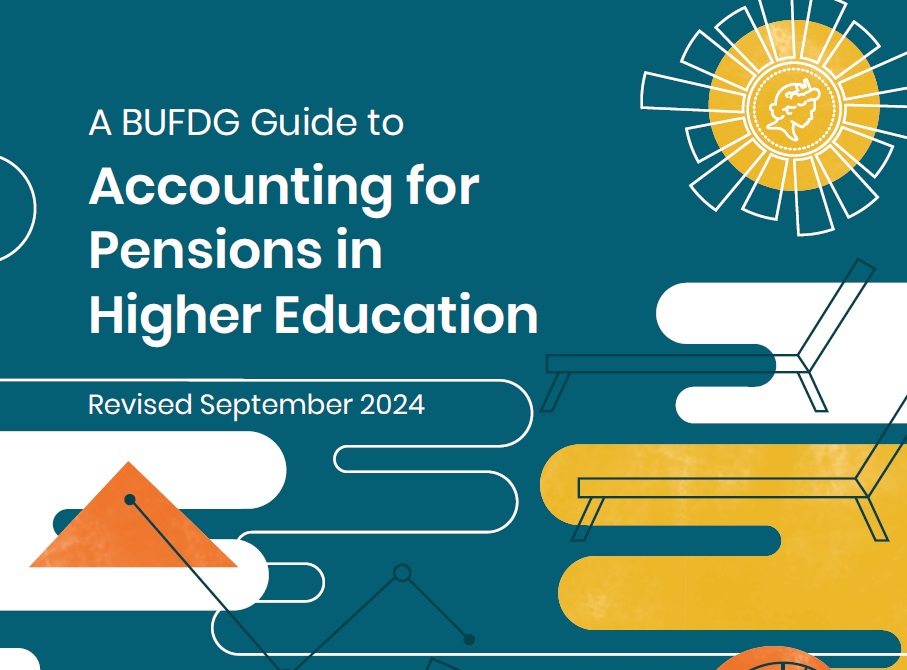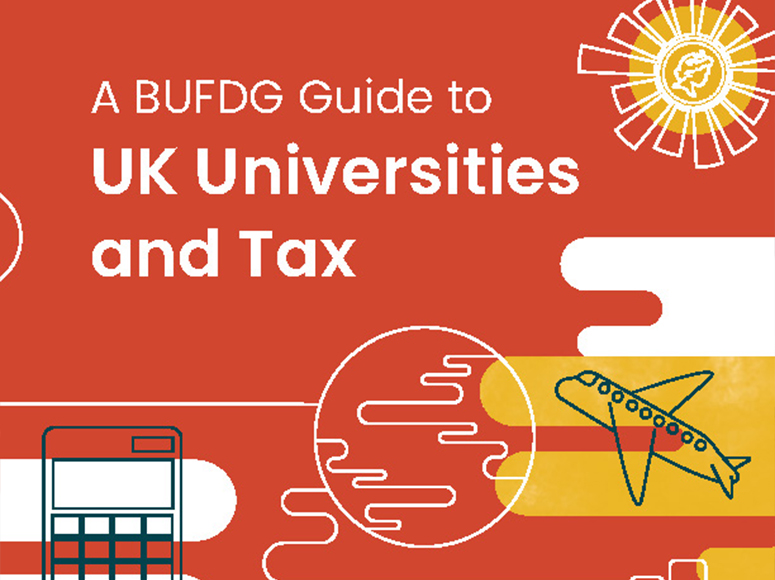Universities are complex and unique organisations. They teach students of all ages, in almost every subject you can think of, on green campuses, in bustling cities, and at a distance, to learners in their own homes. They expand human knowledge by undertaking research in a mind-boggling range of areas. They are key anchors in their local communities, and regional hubs of economic activity. They are major employers, magnets for national and international collaboration, and an important pillar of civil society. No other kind of organisation comes close to the variety and scale of universities’ educational, entrepreneurial, charitable, and social activity.
Having a unique place in the world requires an unusual business model, that facilitates a wide range of operations. It also requires a unique way of accounting for how universities generate and spend their income and create value for all their stakeholders. It is a topic that is little- or often mis-understood beyond the walls of university committee meeting rooms. These pages contain a range of resources that explain how universities operate and create value, and how their finance teams account for it all. If you have any feedback or comments, please get in touch with Matt.

Over the years BUFDG has worked to improve understanding of university business models and financial accounting. In 2019 we launched an accessible new guide, Understanding University Finance, to be a useful companion for the broad church of university stakeholders and brave Annual Report explorers. In its first year, the guide was downloaded over 5,000 times. The guide was updated again in 2021, and we have now published a 3rd edition, for August 2024. (This guide is currently being reviewed, refreshed and updated in the light of fee changes etc.)

It is written for university governors, non-accounting staff, students, staff representatives and student representatives as well as for Finance Directors and colleagues in finance teams tasked with producing financial statements and accompanying notes. The Guide is not a 30-minute quick-read to furnish the reader with full understanding of a topic that takes accountants many hours to learn. Rather, it is designed to help readers who start with different levels of understanding to navigate the numbers and extensive notes to the accounts to appreciate why pension schemes can cause significant impacts on universities’ reported results and reserves. This guide was updated in September 2024.

The document provides a high-level overview of the many areas where tax impacts on UK universities, looking at taxes relating to people, income, and expenditure. There is a myth that universities, as charities and/or public bodies, simply do not pay tax, and so tax is not an issue. Unfortunately, this is not the case, as the guide demonstrates! So, whether you: work in academia, estates, finance, governance, HR, international development, planning, procurement, or research; have worked in the university sector for some time or are new to it; need a refresher, or; are simply curious about tax and universities, we hope that you will find the new guide useful.

BUFDG, together with KPMG, has produced a guide to successfully implementing new finance systems that draws on the experience, thoughts, and advice of several senior Finance, IT and transformation leads in a sample of universities around the country.
We hope that this proves a useful resource for transformation in the sector. If you have any questions, please contact Matt.
The Structure of Finance Teams survey report 2023 sought to gain a broader understanding of the finance leadership, functions, and departmental structures within BUFDG member universities, to offer insights into how other universities work. 80 Higher Education Providers (HEPs) from BUFDG’s membership responded to the survey to provide the information in this report, along with corresponding benchmarking data. Please note that this report is available to BUFDG members only (who must be logged in to download) and should not be shared without prior permission.

As part of a research project funded by the Nuffield Foundation ahead of the last general election, London Economics undertook a range of in-depth analyses in relation to higher education fees and funding arrangements across the four parts of the United Kingdom. It contained high-quality insight into how funding systems differ across the four countries of the UK, and is essential reading for all those in the sector. You can read more on the HEPI website here.
BUFDG represents higher education finance teams and our members are the higher education providers and universities themselves. Therefore we don’t deal with student finances and funding. However, you may find the following external links to information on student finance/funding useful to help complete the picture of how higher education is financed:
The cost of attending university across the UK (BBC News, July 2024)
How do student loans work? (Compare the Market, November 2023)
Student loans: England (Money Saving Expert, July 2024)
How student loan repayments work (BBC News, July 2024)
Understanding England’s student finance system (Wonkhe, May 2023)
Around a decade ago, BUFDG undertook several projects to introduce and develop the Integrated Reporting (IR) framework in Higher Education. BUFDG and many of its members felt that IR offered a structure that could help universities make better decisions and communicate more effectively with stakeholders. The work ran for for several years, resulting in two BUFDG reports, as well as further outputs once the baton was passed to Advance HE (formerly the Leadership Foundation) in 2017. The project concluded in the Summer of 2018, and more information can be found on the Advance HE website. If you would like access to the archived BUFDG reports, please contact Matt.